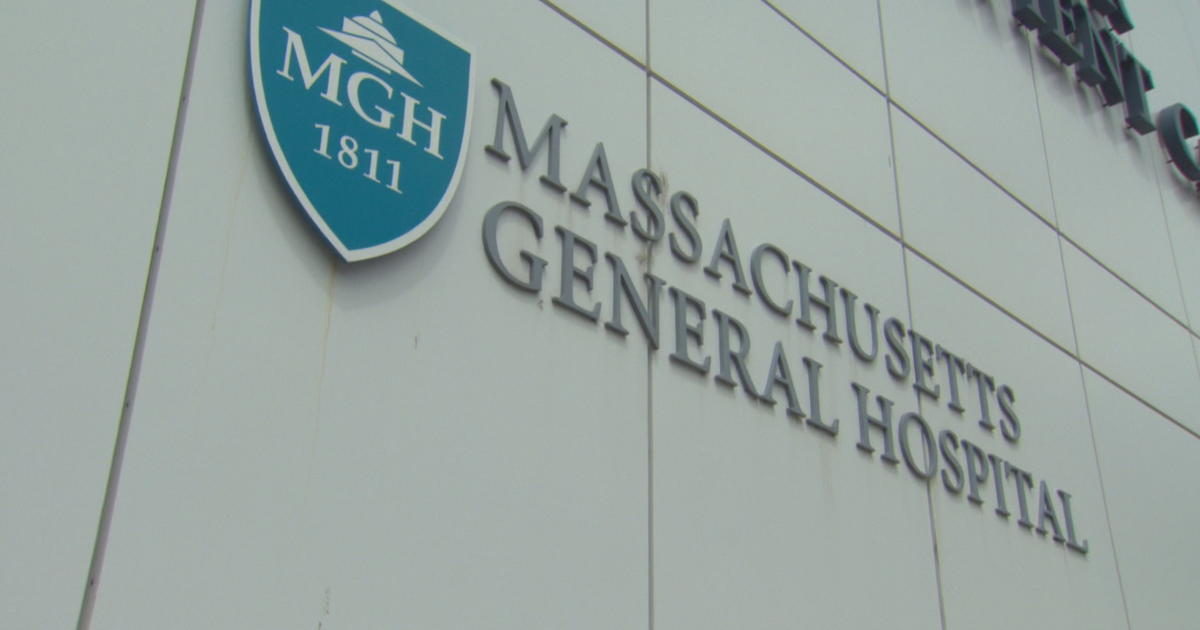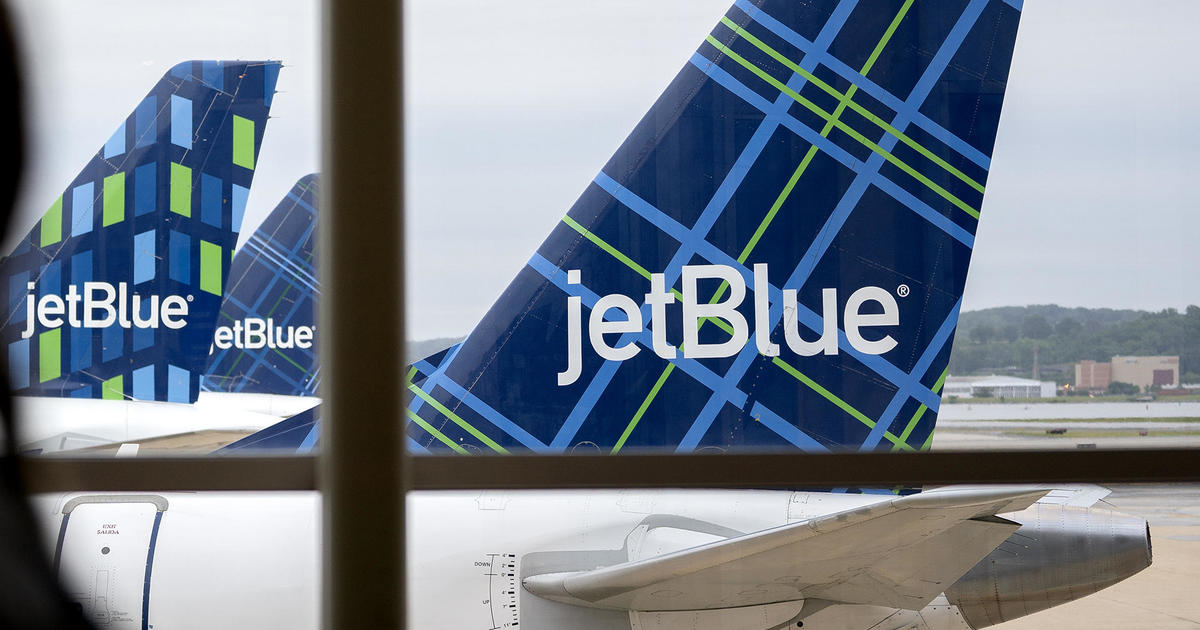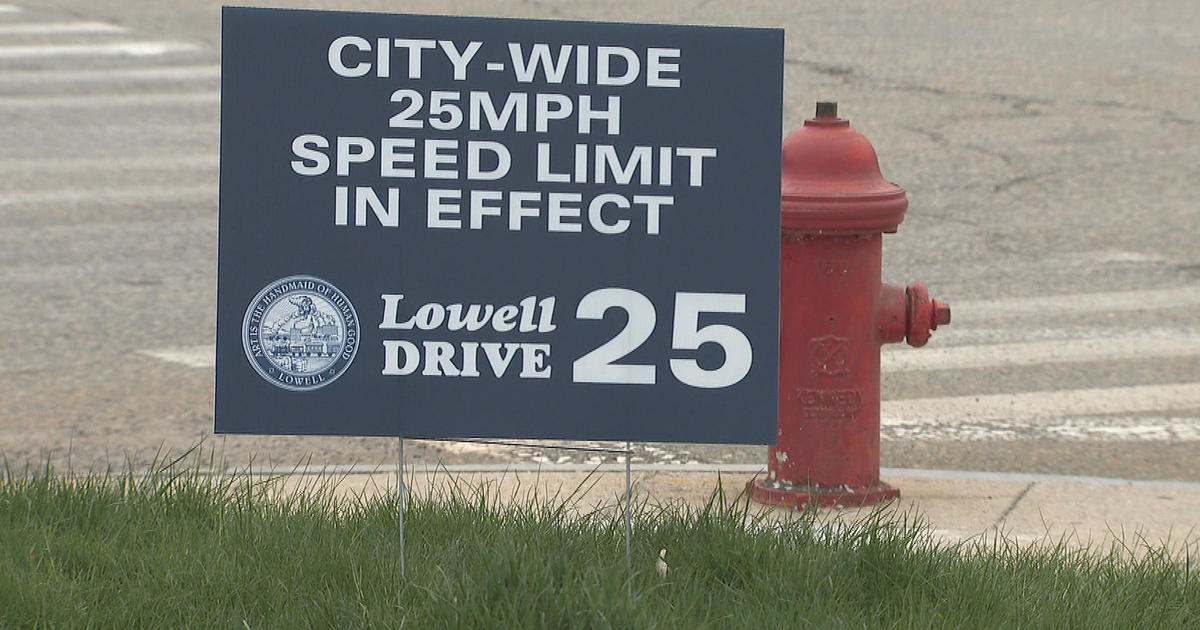Judge Denies Boston Teachers The Option To Teach Remotely
BOSTON (CBS) -- A judge denied teachers the option to teach remotely, stating in his decision, "the injunction sought by the BTU is not consonant with the public interest."
The teachers' union filed for an injunction after Mayor Marty Walsh paused the next phase of in-person learning due to the 4.1% positive coronavirus test rate in the city.
Read: Judge Robert B. Gordon's Decision
"The position of the Boston Teachers Union is not to attempt to deprive any student of service, rather we're trying to make sure everything is done safely," said James Goodwin, an attorney for the Boston Teachers Union.
The pause does not include teachers of special needs students; they are still required to teach in school buildings.
High-needs students - students with disabilities, English learners, students in the care of the Department of Children and Families, and students experiencing homelessness - began in-person learning on Oct. 1.
"For many of these at-risk students, remote learning will mean no learning at all," said Judge Robert B. Gordon in his decision denying the injunction.
Gordon said the agreement between the school and the BTU says when COVID reaches 4 percent, the Boston Public Health Commission would be tasked with deciding whether in-person teaching would safely occur. The commission decided that in-person learning for the district's high-need students would continue while most students would learn remotely.
Boston first-grader Harry Brendel just got back into the classroom last week. He's one of 2,600 high-need students in the area being taught in person. Because Brendel has epilepsy, a developmental disability, in-person learning is essential.
"It is literally a matter of access, and they have none without their teachers by their side," said Kelsey Brendel, the mother of Harry. "It is both impossible for him to learn remotely and access all of the daily tasks of living we take so for granted."
The union argued that in-person work is now optional for teachers because of the infection rate. It was at the core of a court hearing on Wednesday as the union seeks an injunction to enforce the agreement.
But the Boston Public Schools responded that the agreement also allows public health officials to determine when schools are safe, and in this case, they did.
"The plus-four percent number moves you to consultation with agencies that both parties agreed to be the referee and agencies that are expert in the field," said Robert Hillman, an attorney for Boston Public Schools. And the schools argued that the four percent threshold is a trigger for when thousands of students are being brought back.
After the ruling, the teachers union said in a statement, "While we view the language in the safety agreement differently, what is most important is that we figure out a collaborative plan as soon as possible that includes safe staffing ratios, that reduces the viral footprint in our school buildings, and that ensures high-quality in-person instruction for our highest-needs students. Since the start of the pandemic, we have affirmed the value and importance of in-person instruction for high needs students, and hopefully, this ruling will accelerate our ongoing conversations with the district so that students and staff are learning and working in the safest environment possible when in-person."
"We are pleased that the court has preserved the opportunity for our highest-needs students to continue learning inside our schools, supported with the critical services that they require and deserve," Boston Mayor Marty Walsh and Superintendent Brenda Cassellius said in a joint statement.
For now, the rest of the district is remote.



